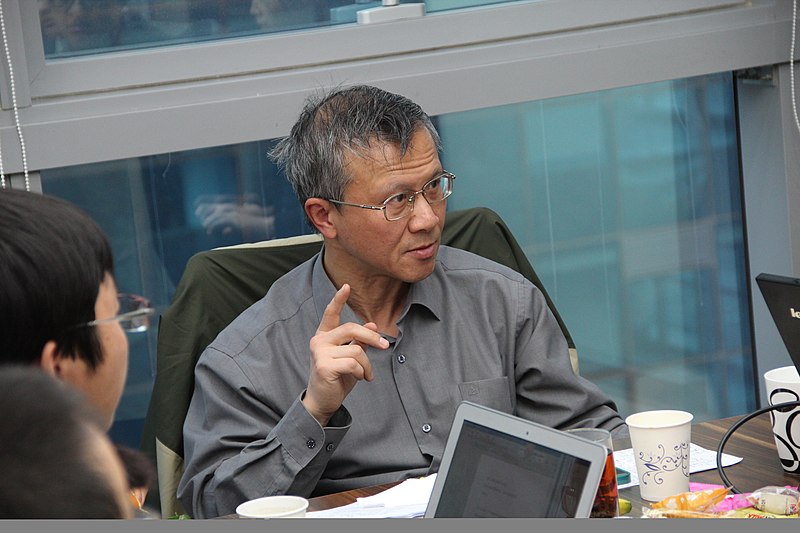By Jerome A. Cohen
People have been talking about this Harvard Crimson piece, “The End of the Harvard Century”. It is indeed interesting and offers many stimulating insights into a much bigger story. The reporter is impressive for an undergraduate.
Unfortunately, he fails to mentions the long and mutually beneficial involvement of Harvard Law School with the PRC going back to late 1978 when the PRC State Tax Bureau, after 25 years of deliberation, suddenly decided that it wanted to send young officials to Harvard’s International Tax Program. Professor Bill Alford, who was criticized in the Crimson article, has done a superb job of promoting HLS legal cooperation with China for the past thirty years.
The irony in the Crimson story’s misleading reference to Bill’s role is that Teng Biao would never have had the opportunity for a year at Harvard if Bill had not immediately welcomed him upon learning that Teng wanted to spend the year at the Law School! That’s why Teng didn’t want to mention Bill’s name to the Crimson reporter. The pressure to cancel the meeting obviously came from higher Harvard authorities who have occasionally had difficulty applying the admonition of Chairman Mao to “walk on two legs”, fostering necessary and desirable cooperation with the PRC, despite or because of its Communist oppression, while at the same time allowing full campus freedom to protest that oppression and even supporting such protests in appropriate circumstances, as President Bacow did in Beijing. Not an easy challenge for any of us in the China field who seek cooperation and exchange with a great people who constitute over 20% of the world’s population.
An earlier Yale Daily News story about Yale’s complex relations with the PRC is also worth reading side by side with the Harvard Crimson story. Again, this is a very impressive piece of undergraduate journalism that gives us much to ponder. And again, there is much more to this important story yet to be told, including a fuller version of the fascinating tale of the father and son, Paul and Joseph Tsai, and their connections to Yale and to China/Taiwan. Paul Tsai, a Yale Law contemporary of mine and a very bright Taiwan lawyer from a leading Shanghai legal family, was a bitter ant-Communist who tried to discourage me from studying the Mainland in the 1960s. Joseph, an equally bright graduate of both Yale College and Law School, decided not to join the family law practice in Taipei but to cooperate with Jack Ma in building Alibaba and thus became phenomenally wealthy, a great Yale benefactor and a strong supporter of the PRC.
I wish the author of the Yale Daily News report, having ably pointed out the credit that Yale’s then President Levin had given himself for bringing Yale as an institution (as distinguished from its many individual and departmental efforts) into cooperation with the PRC, had thrown this back at his successor President Salovey’s administration’s attempts to defend itself against its failure to criticize the PRC’s human rights atrocities by claiming that Yale as an institution always remains neutral. In comparison, Harvard’s President Bacow did better when visiting China. As a colleague pointed out, back in the old days, Yale University “was quick to condemn the country's apartheid regime”—“Neutrality” does not appear to be a justifiable defense, given that precedent as well as moral principles.





